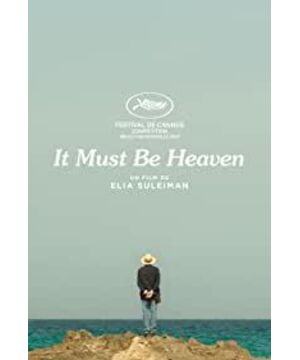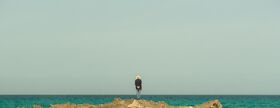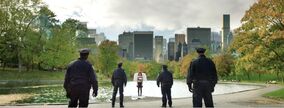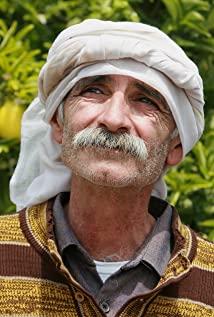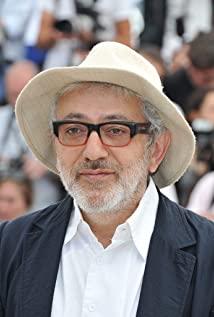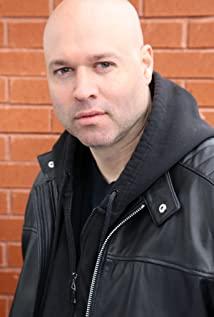Deconstructing politics with genre comedy, art and politics complement each other, and when one no longer works, the other takes over. The film allows the audience to ignore the general importance of lines, reduce the number of dialogues, and weaken the drama; it opposes the visual language of language, returns to the essential narrative structure of silent films, and expresses emotional information better than in the "non-narrative" field. Multiculturalism and the language of the camera lens unprovoked satire in the film. Many films around the world have added class fables to reflect on the postcolonial discourse system; [Orientalism] emphasizes the relationship between subject-viewing-object and focuses the lens on individuals rather than consciousness form, forming a modern contrast. The national allegorical nature of the third world texts refers to Calvino's claim that "art" alleviates the essence of "realism". As for totality, the search for a harmonious place is still unbearable and turbulent under the hustle and bustle of the city. Other Countries, New York: [Demon Dance, Fear] Paris: [Desolate, Silence] The images present the truth and many political allegories, and their essential meanings are not the same. The director does not choose a serious-heavy-oppressive narrative but a comical way of stating that politics is an "artistic resistance", a "limited discourse" that deconstructs the image and suggests that the audience's world has long since become a microcosm of Palestine.
View more about It Must Be Heaven reviews


